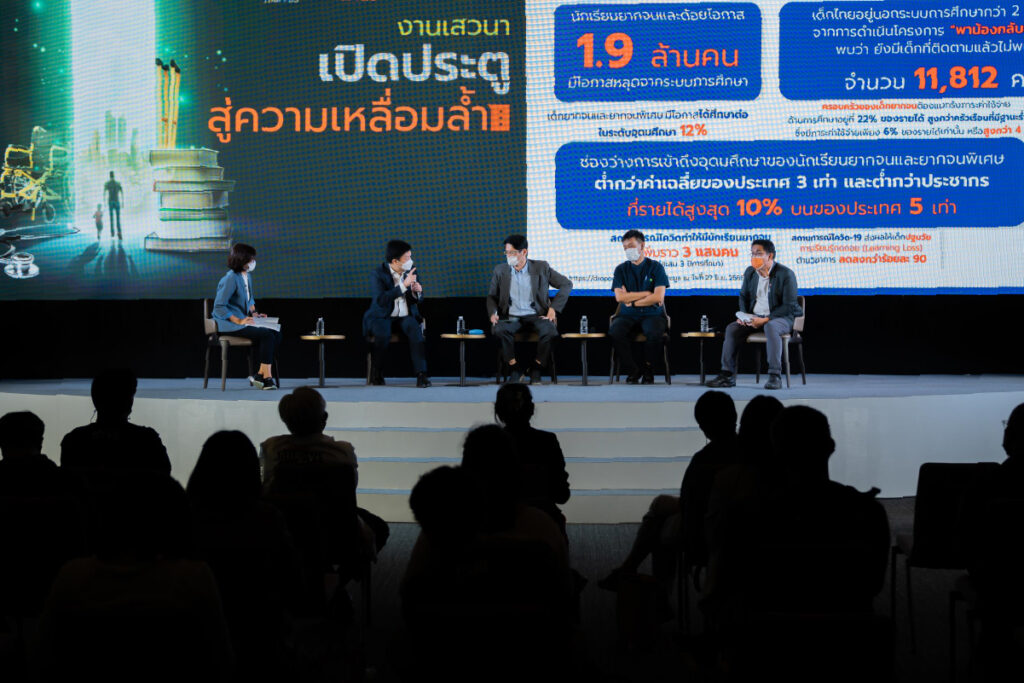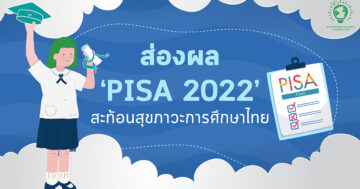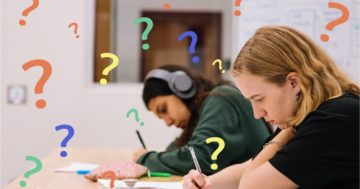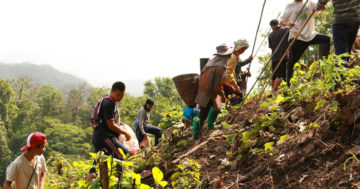To exchange ideas and address the issue of inequality in Thai society, the seminar “Open the door to inequality” by the partnership of Thai PBS and Thailand Science Research and Innovation (TSRI) was conducted on July 8, 2022.
Unlocking educational inequities, which are like a puddle in Thai society and require immediate attention, was one of the discussion’s main issues. Therefore, the purpose of this discussion agenda is to provide a forum for the sharing of concepts and strategies for eradicating educational inequality.
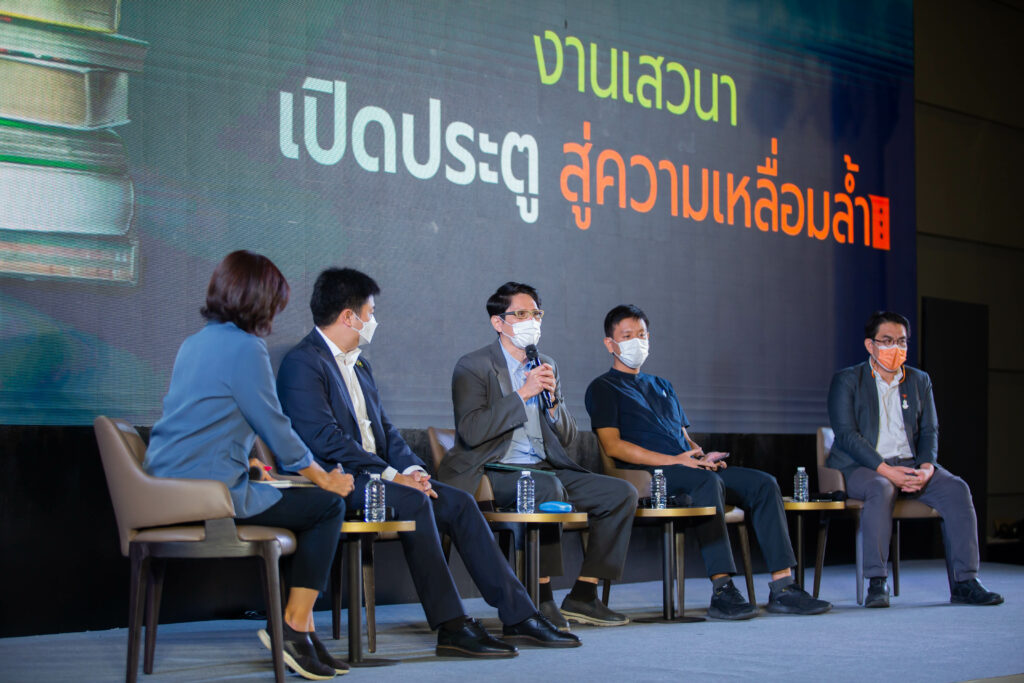
Bringing back education for kids, reviving their talents, and improving their health.
The COVID-19 crisis, according to Dr. Kraiyos Patrawart, Manager of the Equitable Education Fund (EEF), has highlighted the issue of educational inequality even more. According to figures from the last two years, over 200,000 youngsters in the Bangkok region dropped out of school, which is consistent with the city’s problem of layoffs and a lack of finances.
Dr. Kraiyos emphasized that These issues also include nutrition and access to schools. Although Thailand has a 15-year free education program, it cannot compensate for the expenses that parents of children have to bear. Moreover, the said policy is not line with the current cost of living. If left unresolved, many more children will drop out of education. As children who leave the system frequently have to go on the path of finding employment, it has also been connected to the issue of “learning loss.”

The approach presented at the forum was bringing children who dropped out of the education system during the past two years to be able to re-enter the system. They must monitor physical health, mental health, and learning skills, as well as foster a cohesive process between families and schools.
The issue of poor teaching quality cannot be disregarded.
Children leaving the system is simply one issue with educational inequality. The issue of learning quality from online learning, according to Chulalongkorn University’s Faculty of Education lecturer Atthaphon Anantavorasakul, has to be resolved immediately. Since there aren’t many kids who are still in school but are unable to attend as successfully owing to things like COVID-19-related health issues, they must set apart study time to assist their family, which includes the absence of parents to help supervise and monitor learning.
According to Attaphon, schools and instructors must collaborate to address these issues, especially by coordinating with various networks to obtain information and create guidelines for jointly caring for students. It emphasizes that teachers should be encouraged to adapt to the current educational situation. An example of the work of ‘Phayathai Teacher Network’ designed to collaborate on collecting data and tracking students; and ‘Bang Rak Model’ where knowledge and opinions on the network of teachers’ teaching methods are exchanged through coordination with Bangrak District Office
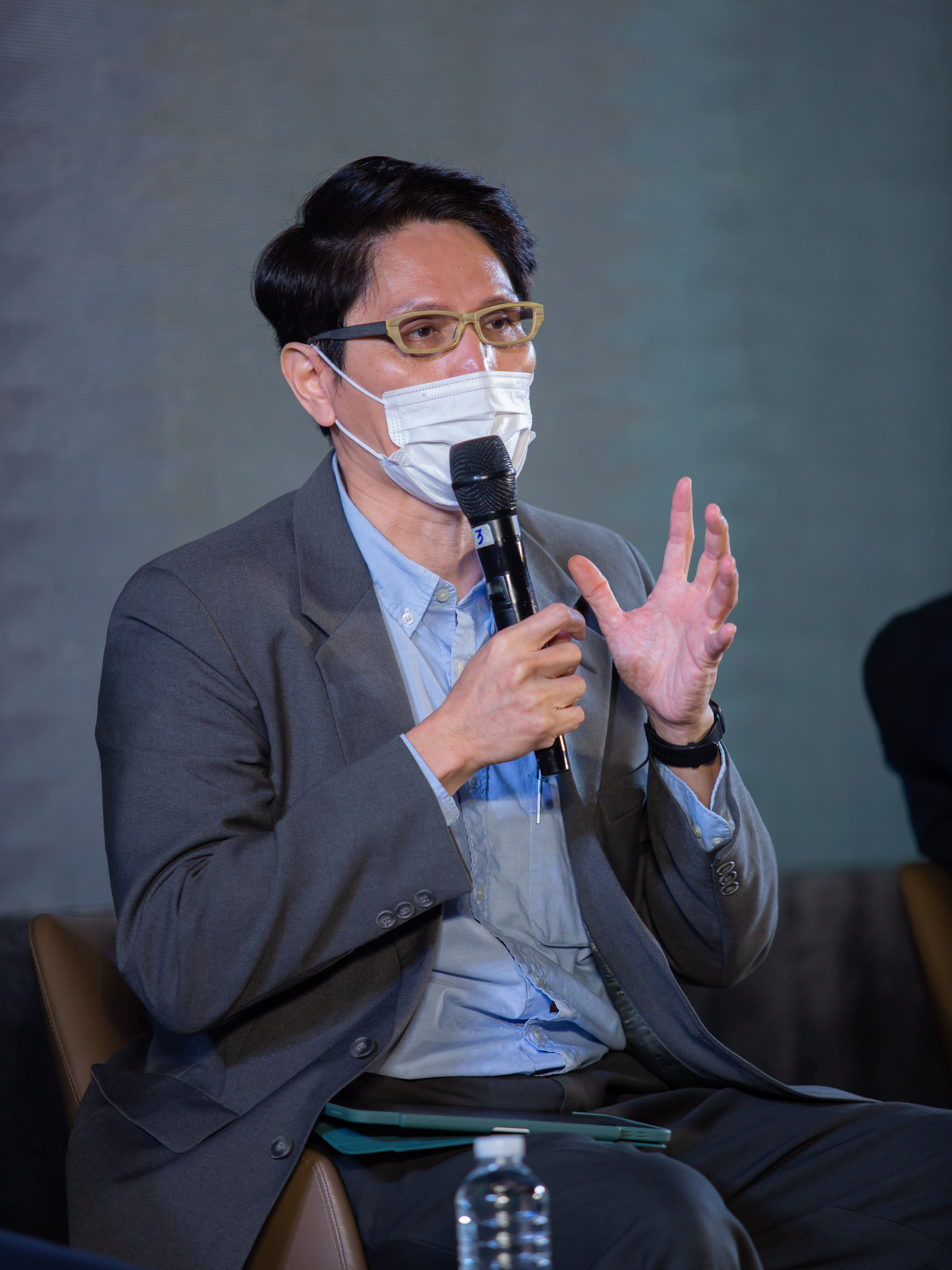
Generating learning opportunities and a space for growth
In addition to the problem of embracing and recalling children into the education system, it is a problem that must be urgently addressed. Meanwhile, Sanon Wangsangboon, Deputy Governor of Bangkok, sees that inconsistencies and inconsistency with the education curriculum may be one of the factors that causing children to drop out of education in the past. Sanon commented that learning can be designed differently to suit the learner, especially in situations where a large number of children face problems with access to education in the primary system due to financial constraints and living conditions.
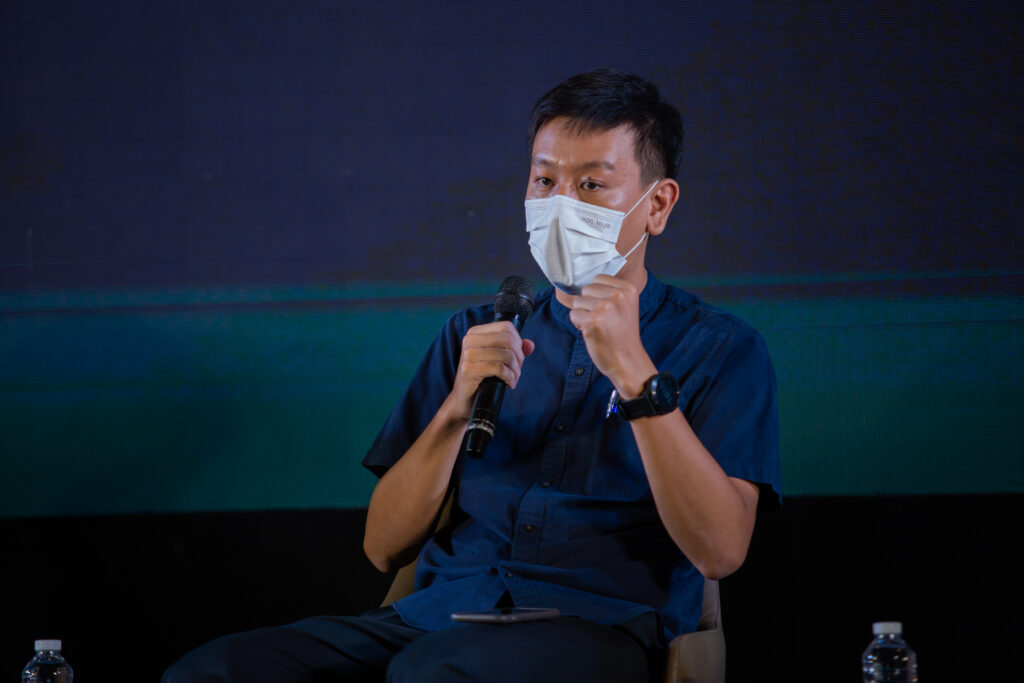
For children who cannot attend school, the vice governor of Bangkok has suggested alternate schooling. To interact with the children’s families and foster learning and problem-solving, it should also be promoted locally and in the community. A policy that was raised to discuss in the forum was the development of education in three phases: unlock-improve-change. It starts by unlocking the appropriate instructors, institutions, and curricula. As a result, it actively supports children’s educational growth and lessens several needless demands on instructors. Last but not least, it develops a curriculum that satisfies the educational needs of kids and turns the school grounds into a secure environment after school and on the weekends.
There is support for educational budgets to reach all children.
Solving the issue of students dropping out of school is a pressing concern, according to Wiroj Lakkhana-adisorn, director of the policy advocacy working group for the Bangkok Metropolitan Administration (BMA), which is affiliated with the Kao Klai Party. The reason is because each child’s learning growth depends on their age. Any age beyond that will make adjustments more challenging and might prevent one from taking advantage of future social possibilities.
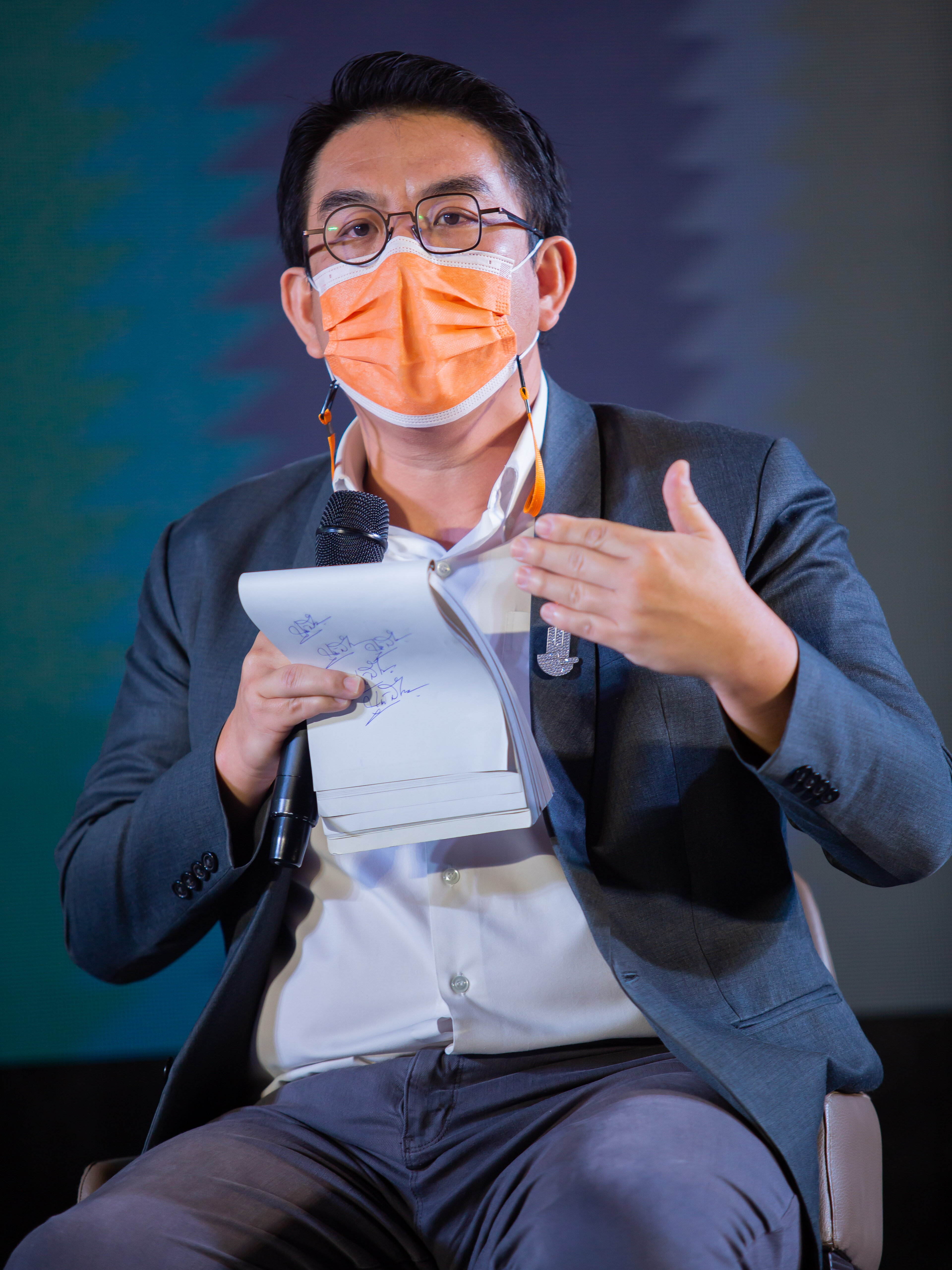
The major problems encountered at the moment are not much budget is allocated for educational development. According to Wiroj, from the budget data of the BMA, about 1.5 million baht has been allocated as scholarships for children with good grades, compared to the number of more than 200,000 school-age children in the Bangkok area. It is said that this amount may not be sufficient, and there is no budget for rehabilitation, funding for vulnerable children from the education system, and subsidies for children who want to study but do not meet the criteria to receive a good scholarship.
Finally, Wiroj recommended that the BMA evaluate the possibility of allocating the budget for education under the issue and changing the awarding of scholarships through education institutions to offer money directly to youngsters.

